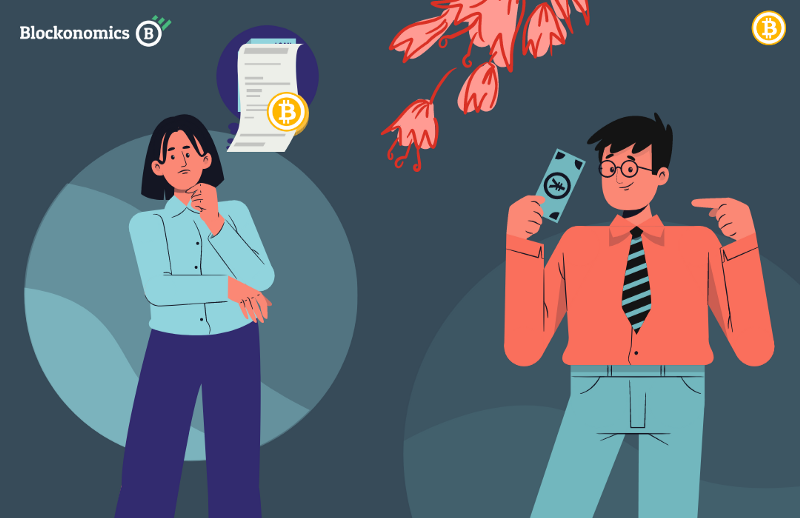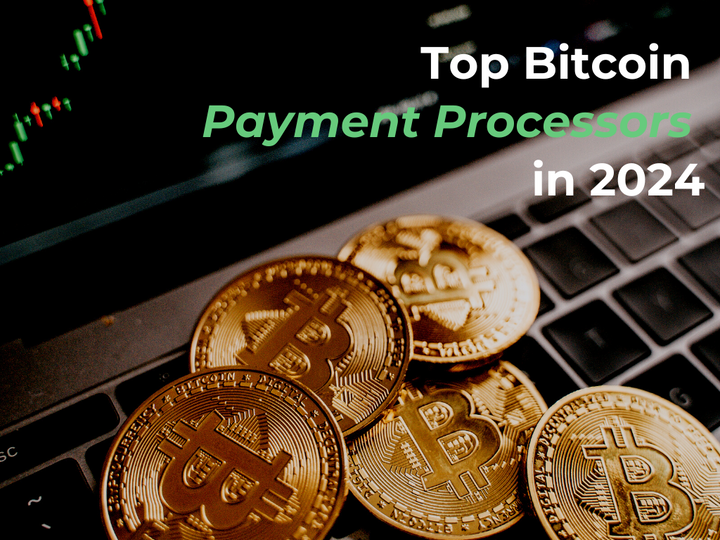The Dark Side of Bitcoin — A Second Visit
During the day of July 15, a number of high profile Twitter accounts, including those belonging to Joe Biden, Elon Musk, and Bill Gates…

During the day of July 15, a number of high profile Twitter accounts, including those belonging to Joe Biden, Elon Musk, and Bill Gates, were hacked. The hackers posted tweets, pretending to be the person they hacked, calling for people to “donate” Bitcoin to an address presumably held by the hackers. Hundreds of thousands of dollars were scammed out of unsuspecting people. Without a doubt, at first glance, this is some negative press for Bitcoin. For many people, now their first introduction to Bitcoin is getting scammed. Twitter is flush with users saying negative things about Bitcoin, from using the term Bitcoin Thieves, to saying Bitcoin is only good for scammers.
3 years ago, I wrote a piece titled, “Dark Side of Bitcoin” in the aftermath of the WannaCry attacks in 2017. In it I discussed ransom attacks, Bitcoin fraud, and ICO fraud. It proved to be wildly popular, even ending up being cited in scholarly articles. I think now would be a good time to revisit that, and discuss why Bitcoin seems to be popular as a fraudulent asset, but how Bitcoin and Blockchain can actually be a force for better security to prevent fraud and money laundering.
In the summer of 2017, ransomware attacks were on the publics mind follow the WannaCry hacks that ground many hospitals and other institutions to a standstill. The Twitter attacks was both less sophisticated, yet almost more sinister. According to Motherboard, the hackers paid a Twitter employee to do most of the work for them. As the article points out, this isn’t unheard of. Twitter employees have been involved in Twitter shenanigans in the past. The tweets themselves seemed amateurish. They all shared the same type of language, and all had the same Bitcoin Address:

This made it easy for Twitter to delete the tweets (although they continued tweeting on some accounts they hadn’t been locked out of). What isn’t being reported on the mainstream articles though, is that many Bitcoin related Twitter were hacked first, before the main onslaught.
At first glance, the criticism of Bitcoin seems justified. Hackers were able to quickly get about $200K worth of Bitcoin in a few hours, and there’s no way to reverse the transactions. With a credit card, transactions can be reverse or disputed. There’s no way to take back your Bitcoin once the transaction has gone through. Bitcoin also is anonymous, there’s no easy way to tell who owns any given wallet. This could mean that the hackers are harder to track down.
Such criticisms are valid, but also ignore many aspects of Bitcoin and fiat currency alike. Scams have been happening with cash since money was first invented. If someone scams you out of cash, there’s no way to reverse that transaction either. Tracking cash is also hard, unless the bills are specially “marked.” Bitcoin has a built in tracking feature. Every transaction is saved on the Blockchain and can be viewed by anyone. Take these hackers, for example. They have been moving their Bitcoin around quite a bit, splitting it up into multiple different wallets, such as this one and this one.
Money laundering is always an issue for crooks. With Bitcoin it is no different, despite officials and public figure heads trying to claim Bitcoin makes fraud easy.
The truth is, the open nature of Bitcoin and the blockchain makes laundering harder. Using Bitcoin transaction trackers, like the one above, law enforcement track down the hackers. If any of them try to send the Bitcoin to an exchange to sell it, law enforcement will quickly know who the culprit is. Without a major organization backing them up, the chances that the hackers will ever see any fiat currency is low. Even using Bitcoin transactions with legitimate business would be dangerous, as they could be tracked down based on information from the business.
Twitter’s (lack of) security is the far more horrifying aspect of this hack. The hackers were able to gain access to the accounts of top public officials. Seemingly, only Trump was spared because his account has extra security from Twitter. If it is true that an employee helped out, this only heightens the issue. Twitter’s security, like many other cybersecurity situations, is centralized. This makes it susceptible for an attack if there is an issue on the inside, as there apparently was here.
Blockchain is decentralized, no one “controls” it directly. This makes hacking hard. Because blockchain transactions require confirmation from multiple nodes simultaneously which would take quite a bit of sophistication, and could be much easily defeated. Blockchain offers a lot of security for companies that employ it to run their systems.

And companies are increasingly looking into it. As this PWC survey found, 84% of executives are doing at least some research into blockchain technologies. But the article also points out, there’s still a lack of trust. Why? The main reason seems to be the newness of the tech. Any new tech will need some people using it before trust can form. But flaws in current cybersecurity should hasten the move, Twitter’s hack just proves that current measures are flawed and something needs to change.
The hacking of Twitter accounts on the 15th was terrible. Countless people fell for the scam and gave up their hard earned money. They might never see it again. Bitcoin has a black eye, with the mainstream talking about Bitcoin in a negative light. But that is only one side of the story. Greater adoption of Bitcoin and the blockchain can make the world, especially the online world, a safer place. Bitcoin’s openness allows the ill-gotten gains to be tracked, hopefully to an arrest. The blockchain creates secure systems that cut down on the possibility of attacks because of centralization. Nobody says stop using USD just because it is used in crime. Bitcoin should be no different.



![Top 10 Tools and Resources for Crypto Research [2021]](/content/images/size/w720/max/800/1-kDyyUnRCD656bm2ny-jHag.png)

Comments ()